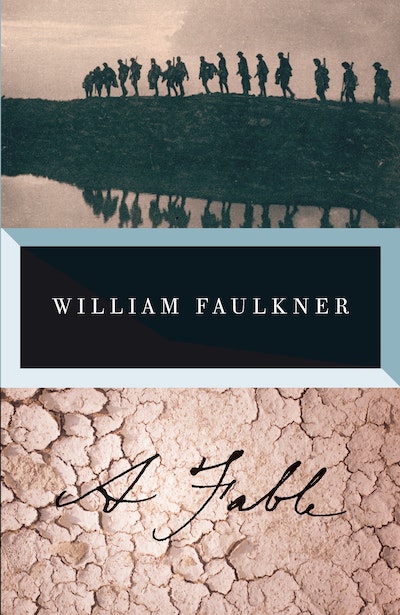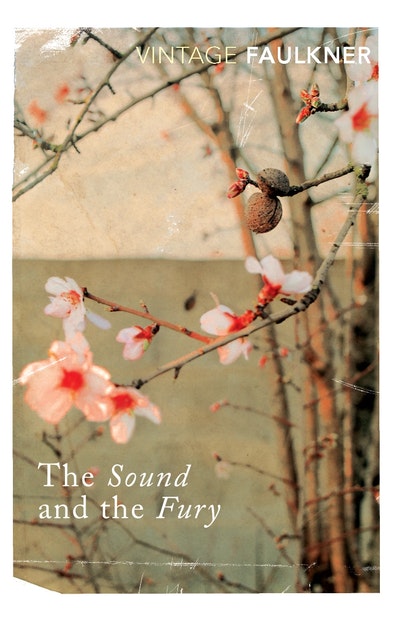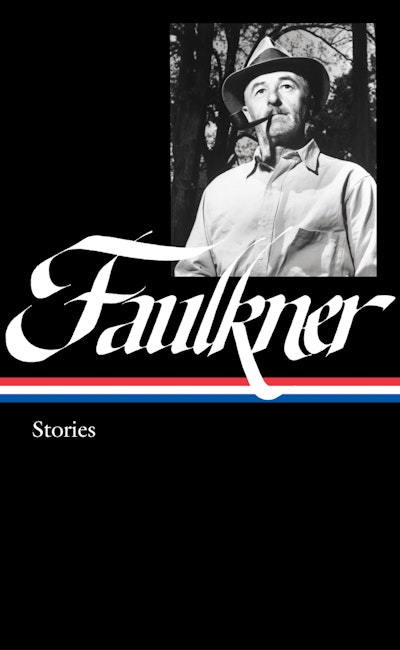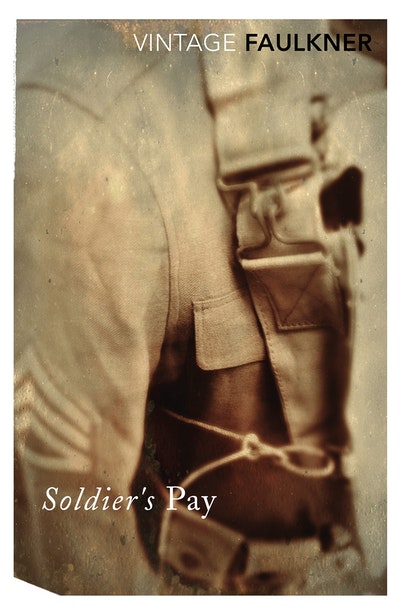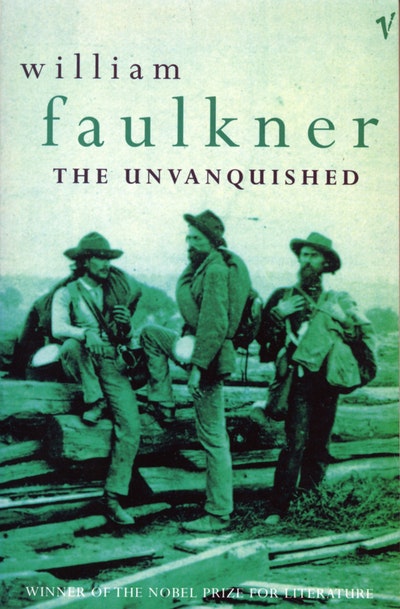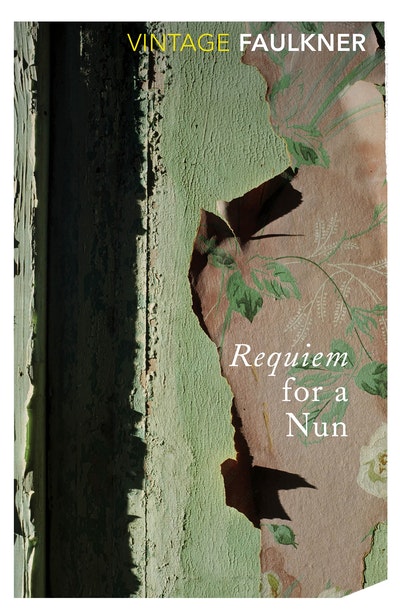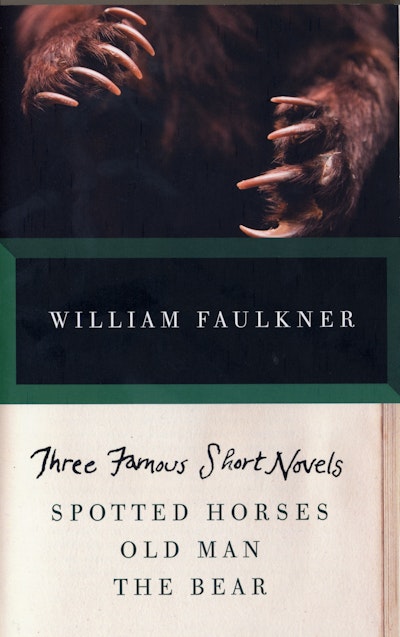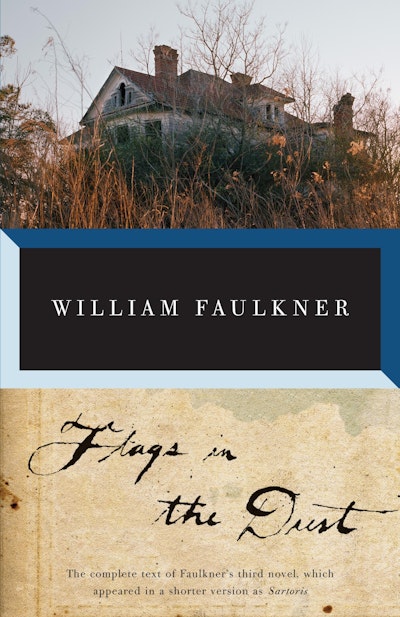[]
- Published: 15 October 2011
- ISBN: 9780307946775
- Imprint: Knopf US
- Format: Paperback
- Pages: 512
- RRP: $39.99
A Fable
Formats & editions
Buy from…
- Published: 15 October 2011
- ISBN: 9780307946775
- Imprint: Knopf US
- Format: Paperback
- Pages: 512
- RRP: $39.99
